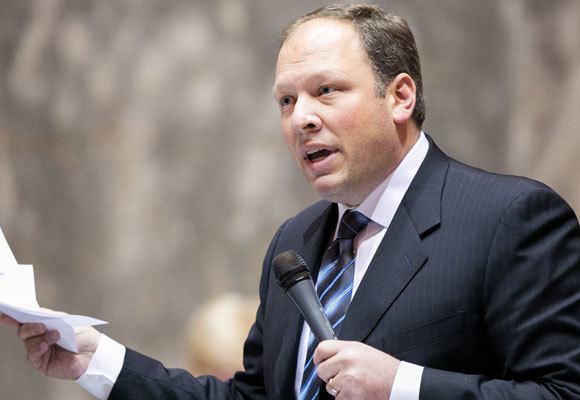A bill that would have made it possible to prosecute and convict police officers in Washington state who wrongfully kill died in committee today.
Sen. David Frockt’s SB 5073 would have changed the state law that shields police officers from prosecution for bad killings. As we reported previously, that law originated in 1986, one year after the U.S. Supreme Court ruled that police may no longer shoot fleeing felons simply to keep them from escaping. In response, the Washington legislature amended state law so that police officers who kill people are only criminally liable if a prosecutor can show they killed with “malice” and without “good faith.” In effect, the law says that a police killing is justified if the slaying officer feels that it is justified.
Naturally, no officer has ever been successfully prosecuted under this law. Last month, Frockt proposed replacing “malice” and “good faith” with objective criteria for whether a reasonable cop would have pulled the trigger in a given situation:
“A public officer or peace officer shall not be held criminally liable for using deadly force if a reasonable officer would have believed that the use of deadly force was necessary in light of all the facts and circumstances known to the officer at the time.”
But while SB 5073 successfully passed out of the Senate Committee on Law and Justice earlier this month, it stalled at the next hurdle: the Ways and Means committee, which took no action on the bill.
In a press release, Frockt said he is “disappointed that the bill did not advance, and I know that there are people across this state who are even more disappointed but also equally committed to continuing to work on addressing this issue. This is far too important to walk away from. My discussions with key legislators on both sides of the aisle indicated an in interest in exploring additional options as the session moves forward. I intend to do that.
“Ultimately, there were those who felt that there needed to be no change in malice standard at all – a position that I do not agree with – and others who felt that officers should not be entitled to any benefit of the doubt for making a mistake – also a position that I do not agree with.”








